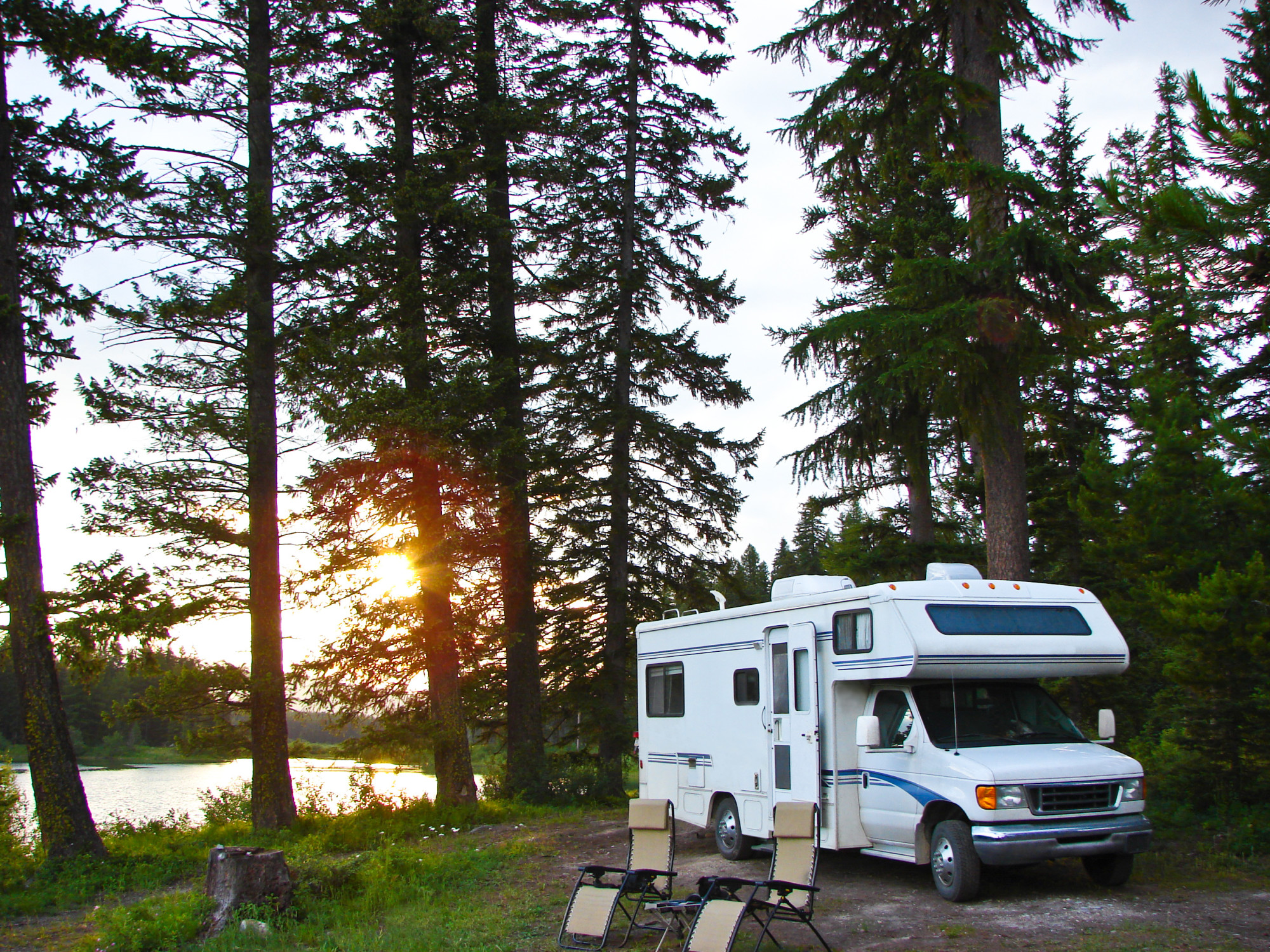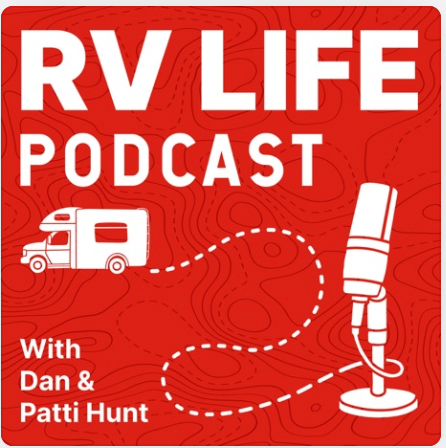The Nomadic Dream: Embracing RV Living for a Life on the Road
Introduction
In recent years, a growing number of individuals and families have chosen to embrace a unique and adventurous lifestyle by adopting RV (Recreational Vehicle) living. RV living, also known as full-time RVing, is the practice of making a home within a motorhome, travel trailer, or camper van, and traveling from place to place as a way of life. This lifestyle offers the freedom to explore new destinations, connect with nature, and live life on one's own terms. In this article, we will delve into the world of RV living, exploring its history, motivations, challenges, and the countless rewards it brings to those who have embraced it.
The Roots of RV Living
The concept of RV living traces its origins back to the early 20th century, when the automobile industry began to flourish. During this time, adventurous spirits sought new ways to explore the vast landscapes of their countries. The first commercially produced motorhome is believed to have been the "Touring Landau," built by Pierce-Arrow Motor Car Company in 1910. From there, the popularity of RVs grew steadily, and the Great Depression of the 1930s saw an increase in "tin can tourists," people seeking respite and a sense of adventure on the road.
However, it wasn't until the post-World War II era, with the development of improved road infrastructure and better vehicles, that RV living truly began to take root. It became a symbol of the American dream, offering an escape from the suburban routine and an opportunity to explore the vast landscapes of North America. The RV industry boomed during this time, and manufacturers started producing various models, catering to different lifestyles and budgets.
The Appeal of RV Living
The allure of RV living lies in the freedom it offers. By having a mobile home, individuals can travel at their own pace, choosing their destinations and the duration of their stay. This flexibility is especially appealing to retirees looking to explore the country they've spent their lives working in. Moreover, RV living is a way to escape the traditional brick-and-mortar lifestyle, embracing minimalism and prioritizing experiences over possessions.
For many, RV living is a means to connect with nature. Camping in national parks, forests, and other remote locations allows RVers to immerse themselves in the beauty of the great outdoors. From waking up to stunning sunrises over mountain ranges to falling asleep under the stars, the RV lifestyle brings individuals closer to nature, fostering a deep appreciation for the world's natural wonders.
Types of RVs
There are several types of RVs that cater to various preferences and needs:
- Motorhomes: Motorhomes are self-contained vehicles that combine the living space with the driving cabin. They come in three classes: Class A, Class B, and Class C. Class A motorhomes are the largest and most luxurious, resembling buses. Class B motorhomes, also known as camper vans, are more compact and versatile. Class C motorhomes are built on a van chassis with an extended section over the cab.
- Travel Trailers: Travel trailers are towed by a separate vehicle, offering a detachable living space. They come in various sizes and floor plans, accommodating different family sizes and lifestyles.
- Fifth-Wheels: Similar to travel trailers, fifth-wheels are designed to be towed but connect to a special hitch mounted in the bed of a pickup truck. They offer spacious interiors and are popular among long-term RVers.
- Pop-up Campers: Also known as tent trailers, pop-up campers are compact and lightweight. They can be folded down during travel and expanded at the campsite, providing a comfortable living space.
Choosing the RV Lifestyle
The decision to adopt the RV lifestyle is not one to be taken lightly. It requires careful consideration of personal preferences, financial capabilities, and life circumstances. While some people dive into full-time RVing right away, others may choose to start part-time, using RVs for vacations and weekend getaways.
Before committing to this lifestyle, aspiring RVers should consider factors such as:
- Financial Implications: The cost of RV living can vary widely depending on factors like the type of RV, maintenance, fuel, campground fees, and lifestyle choices. It's essential to budget carefully and have a financial plan in place.
- Healthcare and Insurance: For full-time RVers, healthcare can be a concern, as they may need to navigate health insurance coverage and access to medical facilities while on the road.
- Personal Relationships: RV living can bring people closer together or put a strain on relationships. Families should discuss their expectations and potential challenges before embarking on this journey.
- Education for Children: For families with children, education is a vital consideration. Homeschooling, distance learning, or finding RV-friendly schooling options are possibilities to explore.
- Remote Work Opportunities: With the rise of remote work, some individuals are opting to continue their careers while living on the road. Assessing work options and internet connectivity is essential for those pursuing this path.
The Joys of RV Living
Despite the challenges and considerations, those who have embraced RV living often speak of the numerous rewards it brings to their lives.
- Freedom and Adventure: RVers have the liberty to wake up in one place and fall asleep under the stars in another. The ability to explore new landscapes, cultures, and cuisines is a perpetual adventure.
- Nature and Serenity: Living close to nature allows RVers to escape the hustle and bustle of city life, offering peace, tranquility, and breathtaking natural beauty.
- Community and Camaraderie: RV parks and campgrounds are vibrant communities where like-minded individuals form friendships and share experiences.
- Personal Growth and Learning: RV living requires adaptability and problem-solving skills, fostering personal growth and self-discovery.
- Simplicity and Minimalism: Being confined to a smaller living space encourages a more minimalist lifestyle, focusing on what truly matters.
Challenges of RV Living
While RV living can be a dream come true, it is not without its challenges. Some of the common hurdles include:
- Logistics and Planning: Constantly moving requires careful planning for routes, campground reservations, and fuel stops.
- Limited Space: Adjusting to a smaller living space and staying organized can be a significant adjustment.
- Maintenance and Repairs: Regular maintenance and occasional repairs are part of RV ownership.
- Weather and Climate: Dealing with extreme weather conditions and seasonal changes can be challenging.
- Loneliness and Isolation: While community and camaraderie exist, RV living can also be isolating, especially for solo travelers.
Conclusion
RV living is not just a lifestyle choice; it is a journey filled with wonder, adventure, and personal growth. For those with a love for exploration, nature, and the open road, this nomadic dream is an opportunity to experience life from a unique perspective. While there are challenges and sacrifices along the way, the rewards of RV living often far outweigh the difficulties. Whether it's retirees seeking new horizons, families bonding through shared experiences, or individuals embracing simplicity and freedom, RV living offers a chance to create lasting memories and find a sense of belonging amidst the vast and beautiful world around us.



